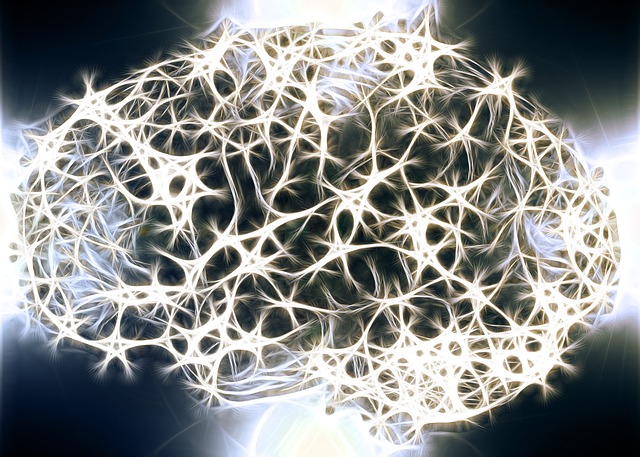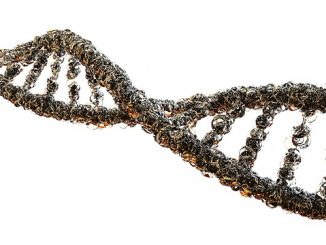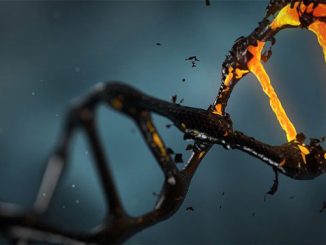
“You can’t teach old dogs new tricks” is one saying that may not hold true for long. University of Utah researchers found out that increasing the genetic expression of a so-called ‘Arc Gene’ causes adult mice to regain brain plasticity and exhibit an improved response to visual stimuli. The study, published in the journal Proceedings of the National Academy of Sciences of the United States of America, opens new roads to analyzing more mental abilities and potentially stopping age-related cognitive decline in humans.
Brain plasticity, also referred to as neuroplasticity or neuronal plasticity, is the brain’s unique and extraordinary ability to change structure and function in the presence of an internal or external stimulus. It specifically affects our ability to learn, remember and change our behaviors. Brain plasticity is more prominent in children and teenagers, which is the reason they learn fast and adapt easily. For persons with disabilities, brain plasticity is crucial to adaptation towards the use of assistive devices like robotic arms and hearing aids. Though a permanent brain property, neuroplasticity wanes as people age, leading to forgetfulness and struggle to learn new skills (thus the “old dog-new tricks” saying).
Brain plasticity is not only for learning, remembering and adapting, it is also used for healing and repair from injury. In adults, it is associated with recovery from sensory-motor deprivation, brain and peripheral nerve injuries. Likewise, it is also important in relieving mental disorders like depression, Alzheimer’s and Parkinson’s diseases.
Researchers discovered that if they increased Arc activity in brains of adult mice, they can increase brain plasticity and reinvigorate the subjects’ response to visual stimuli. They accomplished that by using a virus to deliver the Arc gene into the mice’s brains. This would mean higher chances for the gene to code more Arc protein. Arc (which stands for activity-related cytoskeleton-associated protein) both refers to the gene and its protein product that plays an important role in learning and memory formation (processes that are also related to brain plasticity). Impaired production of the Arc protein is highly correlated with cases of amnesia, Alzheimer’s disease, autism spectrum disorders, fragile X syndrome and other neurological conditions.
Prior to this study, there were other attempts to restore brain plasticity. Two years ago, researchers from University of California, Irvine, discovered that transplanting a type of embryonic neuron could bring adult mice brains back to youthful plasticity. Yale researchers’ approach in 2013 was to block a so-called Nogo Receptor 1 gene to achieve the same objective.
While the study on Arc gene showed some success in mice, researchers are not sure if they can achieve the same results in humans. Also, the study has not yet covered other functions of the Arc gene and the mechanism on how the gene restores brain plasticity. So far, the current methods available to humans to counter effects of waning brain plasticity involve brain exercises and, for people suffering from schizophrenia, “chemo brain” and other cognitive conditions, brain retraining. Nevertheless, the study marks a step forward in developing treatments for age-related decline in cognitive abilities.




Leave a Reply